Scotland is being governed by grievance. We are swimming in a sea of it, and it is harming our democracy.
Three times in recent weeks, the SNP has chosen to stoke grievance when the party of government should really be showing maturity and honesty.
Their positioning on the Scottish Government spending review, on the UK Government energy levy, and on electricity transmission charges might have won the Sturgeon administration a few easy headlines, but it has come at the cost of honesty and integrity.
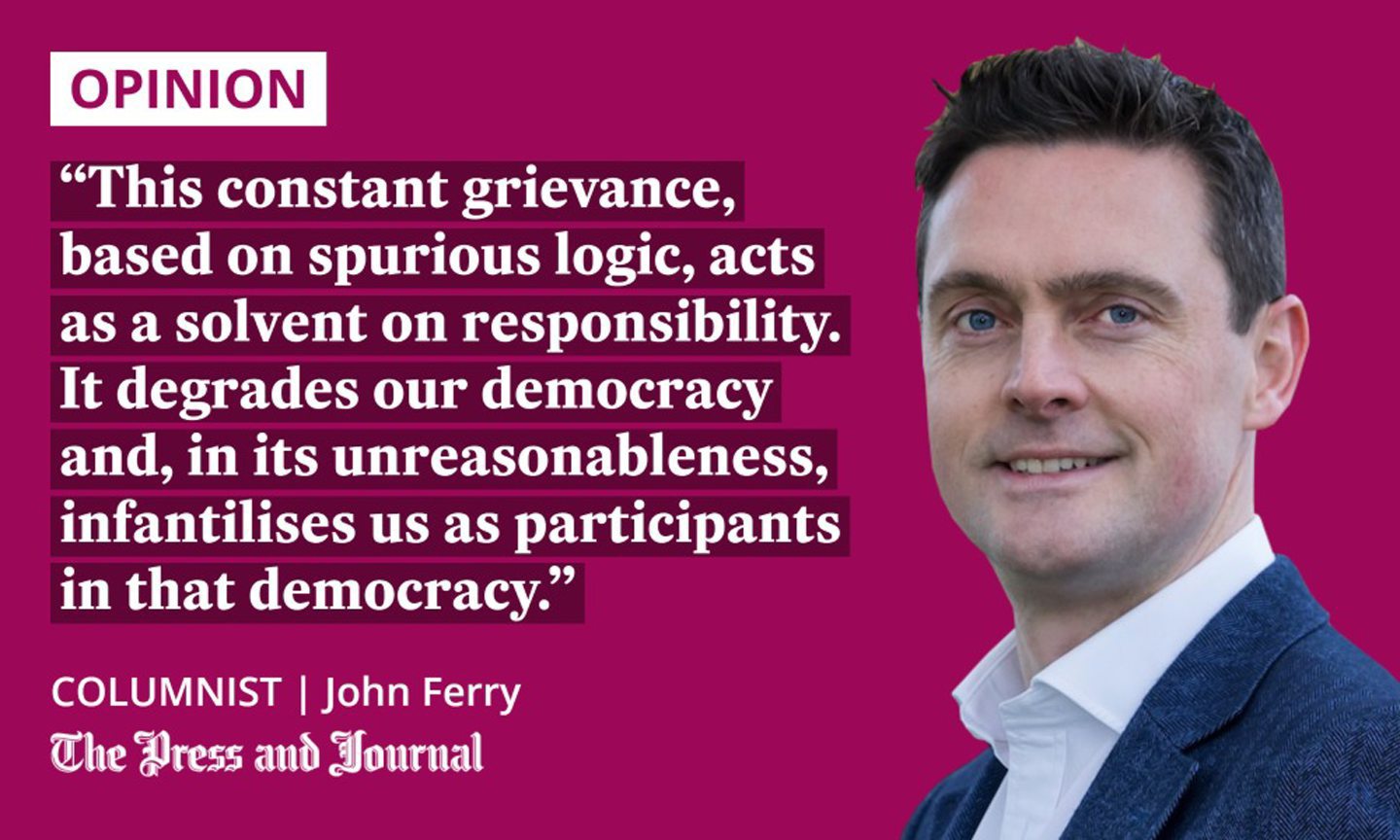
The spending review example is perhaps the most blatant. Any sensible person will accept that emergency funding put in place by governments across the world in response to the pandemic was, by definition, temporary.
Governments ramped up borrowing, deficits ballooned, along with debt-to-GDP ratios, and the balance sheets of central banks grew exponentially as they used quantitative easing to buy up massive amounts of debt. This combination of measures let advanced countries put their economies into stasis, as many workers remained at home until vaccines eventually brought us back from the brink.
The enormous levels of spending involved were obviously not sustainable, and countries across the world are now tapering that spending back down to normal levels.
The correct way to benchmark future government spending, therefore, is either against government budgets immediately pre-pandemic, or to pandemic budgets, minus emergency funding elements. That is what the finance minister in any normal country would do.
Scottish funding is the highest it’s ever been
It’s different in Scotland. Here, finance minister Kate Forbes, along with the rest of the SNP and the Scottish Greens, insists on comparing Scotland’s projected budgets against aggregate spending at the height of the emergency, before complaining they are dealing with budget cuts inflicted by Westminster.
Commenting on the spending review on social media, Forbes said: “The UKG [Government] block grant is still the biggest determination of our funding. UKG cut our resource funding by 5.2% this year, and funding is set to rise by only 2% over the full 4 years of the spending review after you account for devolution of social security. A tough outlook.”
The UKG block grant is still the biggest determination of our funding. UKG cut our resource funding by 5.2% this year, and funding is set to rise by only 2% over the full 4 years of the spending review after you account for devolution of social security. A tough outlook. /4
— Kate Forbes MSP (@_KateForbes) May 31, 2022
Nicola Sturgeon used the same framing and messaging at First Minister’s Questions, when she said: “As a result of UK Government decisions, our budget this year has been cut by more than 5% in real terms.”
In reality, if we correctly discount 2020/21 emergency pandemic funding, then we find that the Scottish Government’s “core resource block grant”, at almost £35 billion, is higher than it has ever been.
Scotland does not pay for the UK
On the UK Government’s windfall tax on big energy companies, which is designed to raise £5 billion to alleviate the cost of living crisis, again, the SNP-Green government’s first instinct is to create grievance. The line of complaint here is that it is Scotland’s oil that has created the outsized profits to be taxed and, as such, sharing the energy levy bonanza out across the UK is unfair.
The supposed injustice of the situation was outlined in a TV interview by SNP MP Kirsty Blackman, when she said: “It feels very unfair that Scotland is having to pay for the entirety of the UK. If Scotland was an independent country, the windfall tax would generate £1,800 for every household in Scotland.”
“It feels very unfair that Scotland is having to pay for the entirety of the UK”
SNP’s Kirsty Blackman says 90% of the money raised by the energy profits levy will come from oil and gas “income made in Scotland”#BBCSundayshow https://t.co/BvpjCXKRWh pic.twitter.com/s1eapeQppg
— BBC Politics (@BBCPolitics) May 29, 2022
Blackman failed to mention the fact that Scotland’s place within the UK delivers a fiscal transfer to the country of around £12 billion per year, which is over £2,000 per head of population.
Constant grievance degrades Scottish democracy
Linked to the energy price crisis is another recent SNP grievance narrative, which is the claim that Scottish households pay higher energy bills on average than households in England and Wales, in part because of the costs energy companies operating in Scotland have to pay to feed into the National Grid.
SNP MSP Graeme Dey earlier this month railed against the “Westminster control” that has led to consumers in Scotland “getting hammered with higher average energy bills than anywhere else in the UK“.
“This is also a result of the outrageous and expensive transmission charges that are charged in Scotland for companies to access the National Grid here,” said Dey.
But, again, dig just below the surface and we find the grievance doesn’t stand to reason because, at the aggregate level, Scotland’s power industry and associated infrastructure is subsidised by the UK-wide consumer base.
This constant grievance, based on spurious logic, acts as a solvent on responsibility. It degrades our democracy and, in its unreasonableness, infantilises us as participants in that democracy. Always, we are framed as the victims of outsiders. Forever we are the downtrodden.
Like pre-Brexit Faragists waving the flag while spewing out grievance-laden invective in Brussels, the SNP and the Scottish Greens deny Scots the dignity of standing tall and being proud of who we are in the here and now. Our nation deserves better than that.
John Ferry is a regular commentator on Scottish politics and economics, a contributor to think tank These Islands, and finance spokesperson for the Scottish Liberal Democrats

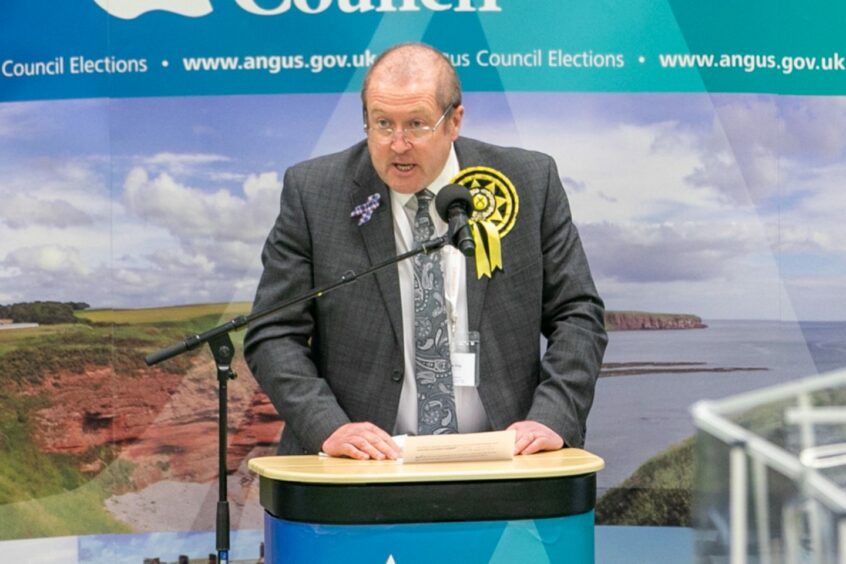
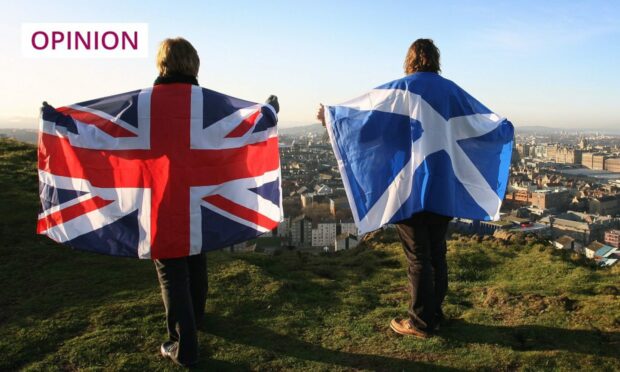
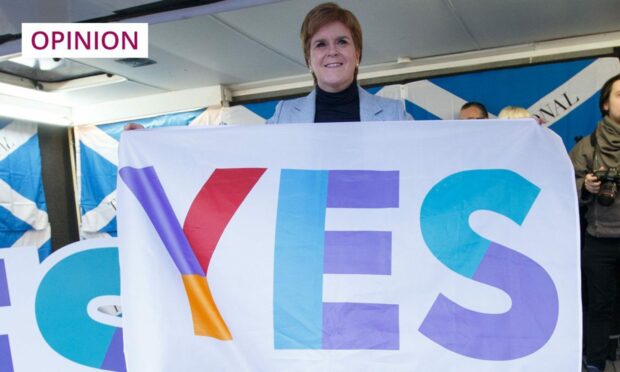

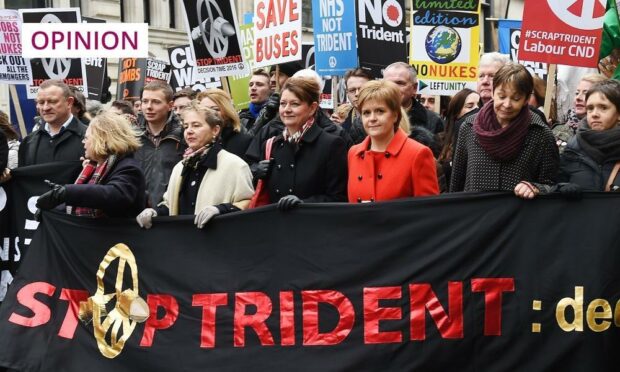
Conversation